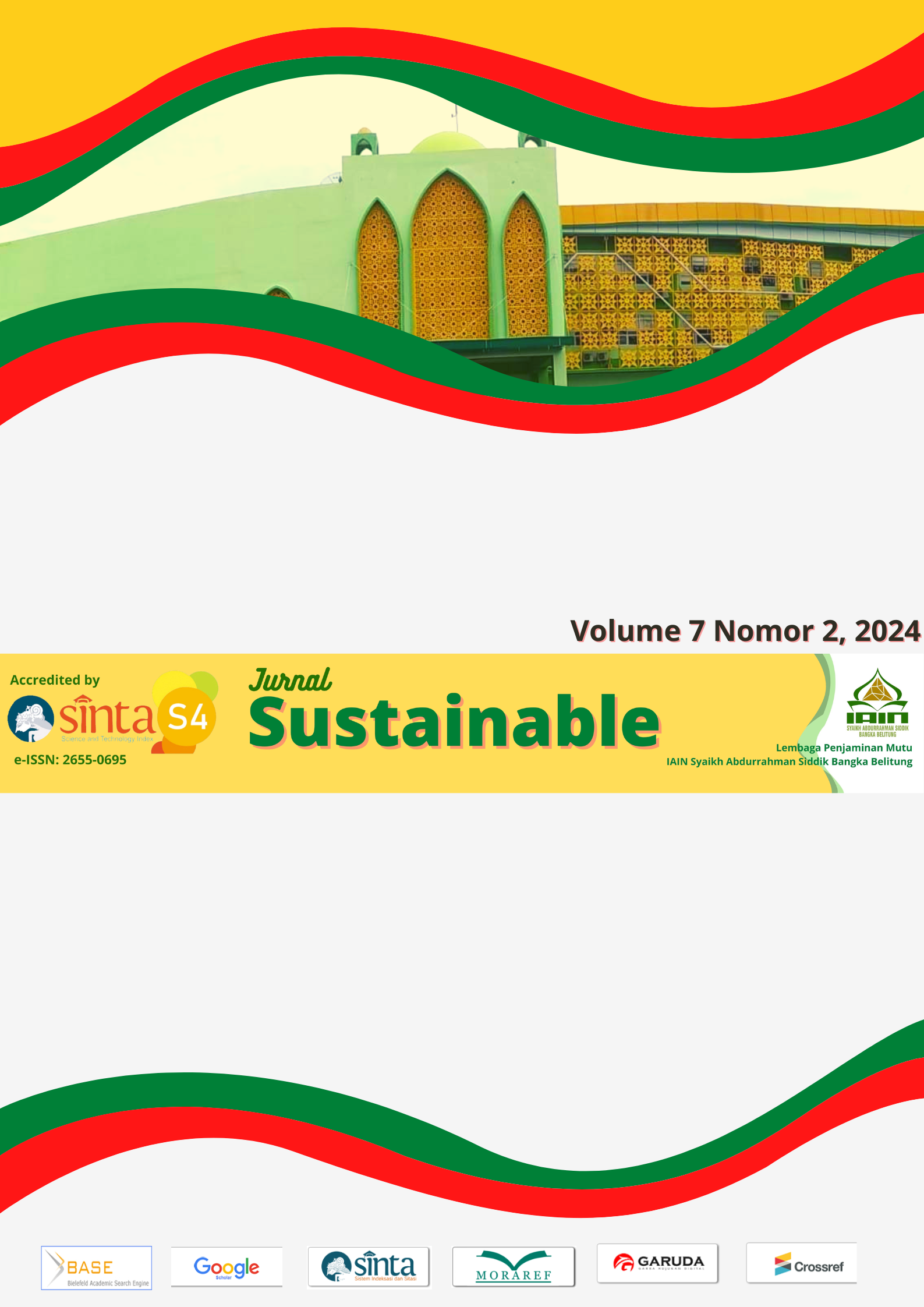Nature Based Learning Model in Greenlab Activities at Kindergarten Alam Bangka Belitung
Abstract
This research explores the implementation of the nature-based learning model in greenlab activities at Kindergarten Alam Bangka Belitung, the first Alam school in the region. The greenlab activities, focused on gardening and farming, prioritize child-centered learning using the project method. The aim is to provide an enjoyable learning experience and foster knowledge through hands-on activities. This nature-based approach also serves as an alternative educational model to enhance early childhood education. Using a qualitative descriptive approach, data were collected through observation, interviews, and documentation. Miles and Huberman’s data analysis method—data reduction, display, and conclusion drawing—was employed. The findings show that the greenlab activities involve farming projects, such as vegetable cultivation, where children, guided by facilitators, engage in the process from sowing seeds to harvesting. This method helps children acquire complex knowledge, while facilitators guide the learning by reflecting on the process. The study concludes that greenlab activities connect children directly with nature, teaching them about ecosystems, conservation, and environmental protection. This fosters environmental awareness from an early age. However, the study is limited to one institution, and the findings may not be applicable to other schools, particularly those in urban areas with limited access to nature.
Downloads
Copyright (c) 2024 Nurul Qomariah, Nendah Fauziah, Sriyati Dwi Astuti

This work is licensed under a Creative Commons Attribution 4.0 International License.






.png)
